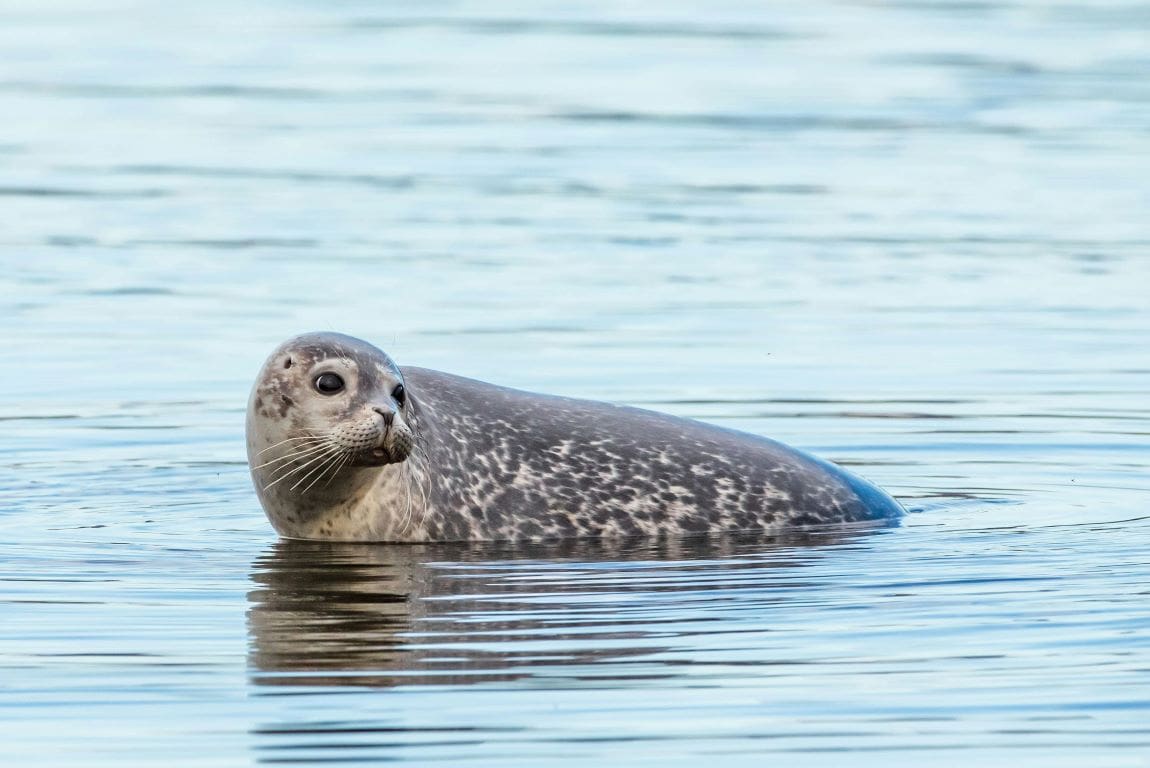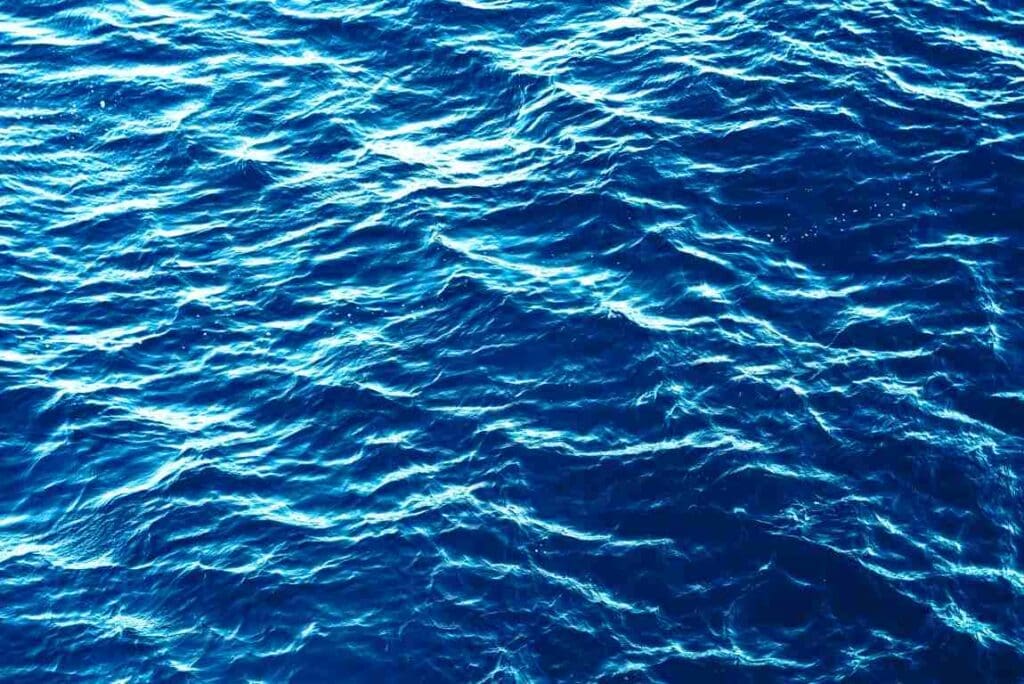Almaty, Kazakhstan | AFP – More than 500 Caspian Sea seals, an endangered species in Kazakhstan, have washed up on the shores of the Caspian Sea over the past two weeks, authorities said Thursday, citing pollution or disease as possible causes.
Caspian seals are the only mammals in the world’s biggest inland body of water, which has seen an alarming drop in water levels and rising temperatures that threaten its flora and fauna.
“From October 24 to November 7, 534 carcasses of dead seals were brought to shore,” the Kazakh fisheries committee said in a statement just days ahead of the COP29 climate summit in Azerbaijan — another Central Asian country bordering the lake.
“According to scientists, marine pollution and infectious disease epidemics are possible causes” of their deaths, the committee said, noting that just three percent of the seals had become entangled in fishing nets.
Authorities said samples of the bodies, in a “highly decomposed state”, had been taken to a laboratory for testing and that it could take up to four months to obtain results.
Kazakhstan has included the seals, whose population the International Union for Conservation of Nature says has dwindled over the past century, in a list of species that risk extinction with authorities saying their number has dropped to some 270,000.
Kazakhstan and Russia — which also borders the Caspian Sea — had agreed in 2021 for a “joint action plan” for the conservation of the seal population.
The Caspian Sea is an enclosed sea bordering five countries: Azerbaijan, Iran, Kazakhstan, Russia and Turkmenistan and they periodically report discovering dead seals on their shores.
In 2022, Kazakh President Kassym-Jomart Tokayev vowed to bring the issue “under his personal control” and suggested creating nature reserves in the area.
bur/jc/cw
© Agence France-Presse
Featured image credit: Gylfi Gylfason | Pexels




